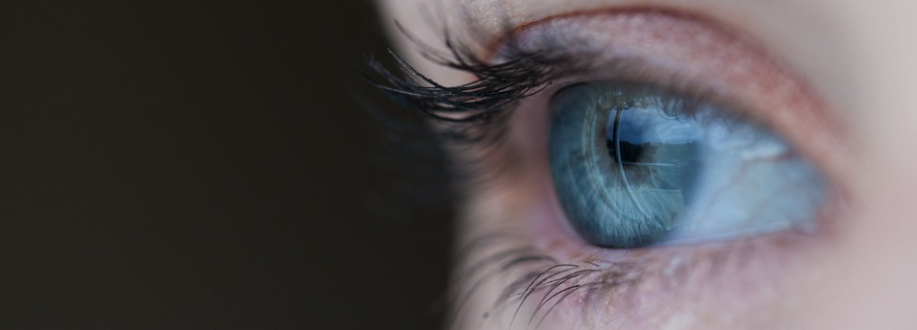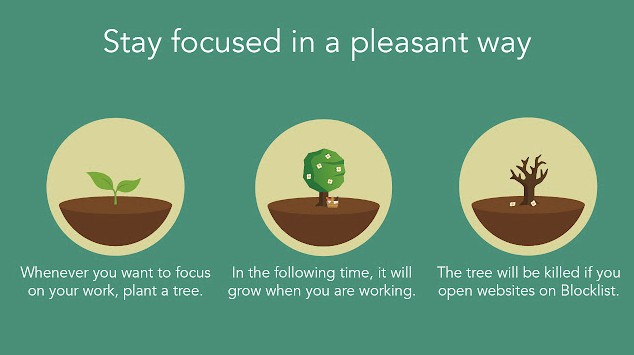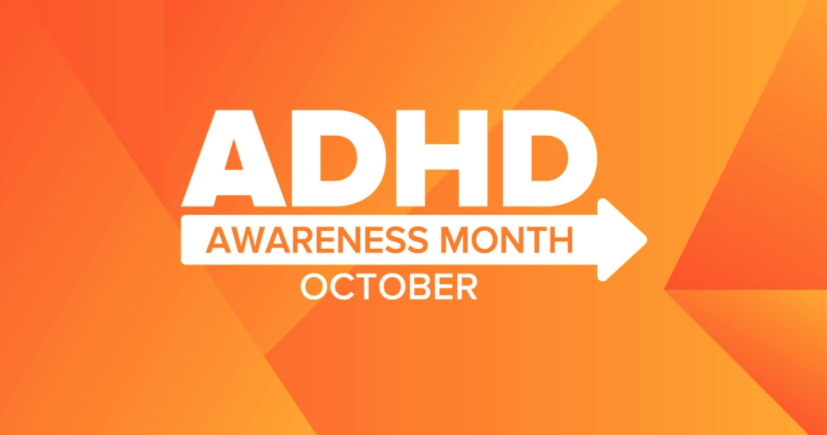There is the misconception that ADHD (Attention-Deficit/Hyperactivity Disorder) is a childhood disorder. We may have the image of a child possibly struggling in school or having a difficult time managing their behavior.
However, today in honor of October mental health awareness month and specifically ADHD awareness we thought it might be a good idea to write about adult ADHD and some tools to cope.
If this is you – don’t silently suffer, you can make huge changes in your life. You can feel more in control and create more moments of joy and peace.
About 4% of US adults are diagnosed with ADHD.

This may be difficult to recognize. Some of the common signs of ADHD in adults include restlessness, impulsivity, difficulty paying attention, concentrating, remembering directions and information, prioritizing tasks, and completing work in a timely manner.
Some of these symptoms can create difficulty in the life and productivity of adults experiencing ADHD by leading to chronic procrastination, poor time management, mood swings, low self-esteem. This can even lead to problems at work, school and in relationships.
It can be extremely difficult if the adult with ADHD doesn’t know they have this disorder. They might believe it’s a character flaw and therefore not seek help or treatment.
If you think you may have ADHD, remember that it is not your fault, and you can find ways to cope. Many people have improved their lives after getting help.
It goes without saying, this is a very real and difficult disorder. There is nothing to be ashamed about. Here are some coping strategies to try if you or a family member might have ADHD. Awareness is the key.
Medication
ADHD is a medical diagnosis which requires a medical doctor or psychiatrist to diagnose. This is especially true if the person wishes to manage their ADHD with Medication.
Some people have found medication to be effective in helping manage the symptoms of their ADHD. (This should always be something to discuss with a medical provider and explore all your options.)
With this said, you don’t have to receive a formal ADHD diagnosis to make positive changes in your life. You can begin action today to help cope with this disorder.
Counseling
At Sunflower, we firmly believe in receiving counseling and incorporating behavioral work of ADHD. This is especially because research has shown many people who are experiencing ADHD symptoms may also have co-occurring mental health disorders such as depression and anxiety.
Counseling is an effective way to manage and cope with ADHD as well as other symptoms because you will explore strategies particular to your individual experience. Oftentimes we have seen when people are able to implement daily routines, re-work their thought processes with CBT and other evidence-based counseling practices. By discussing and processing the daily symptoms of ADHD great progress can be made.
Behavioral Strategies

Oftentimes ADHD symptoms become overwhelming when a person’s environment feels out of control, or if they are simply getting through the day without considering a plan for how to effectively manage time and daily tasks.
People with ADHD have found creating organizational systems have been highly effective in managing time and space. Decluttering space and making predictable places where items go can be a wonderful start.
As for time management, it can be helpful to also create a predictable schedule. You can also organize tasks. This can sometimes seem daunting at first or when you’re doing it by yourself. This is another situation where a counselor can help. We have found having someone talk through a plan feels helpful and less daunting.
There are also many tools available such as digital planners and reminders. Many apps can help you organize and manage your tasks effectively.
One of our favorite apps is the Forest app.
The forest app helps you to:

This is a wonderful tool to help break down tasks and focus for shorter periods of time without distraction. We have found this to also be a fun way to keep track of progress.
Physical activity

Physical activity is a great way to help with mental health in general, especially ADHD. Exercise is a way to manage ADHD symptoms by increasing oxygen to the brain. This increases your brain power, giving you energy to tackle more challenging tasks, creating positive views of the self, and reducing stress.
Interestingly enough, the students who get the highest grades are the cross country runners!
It is important to make exercise a predictable and regular part of your routine. Especially if you can start your day with movement, you will find everything is more manageable as a result.
Mindfulness
Incorporating mindfulness into your daily routine is also a powerful way to help cope with ADHD. This can be medication, yoga, breathing, and many more. There is a lot of research to support mindfulness as being an effective way to cope with ADHD.
One study conducted at UCLA found “people with ADHD who attended a mindfulness meditation session once a week for 2 1/2 hours, then completed a daily home meditation practice that gradually increased from 5 to 15 minutes over 8 weeks, were better able to stay focused on tasks. They were also less depressed and anxious.”
We can help
If you are reading this article and finding there are some similarities between your own life and some of these symptoms, this is a good time to reach out and ask for help. Don’t feel like you must be completely out of control to benefit from the help of a mental health professional.
Many adults who have ADHD have been so empowered by making small changes which led to great life-changing results. They have reduced their depression and anxiety by working through the issues with their counselor and incorporating evidence-based tools to their lives.
This is ADHD awareness month – and DAY – and the perfect time to make positive life- changes.

